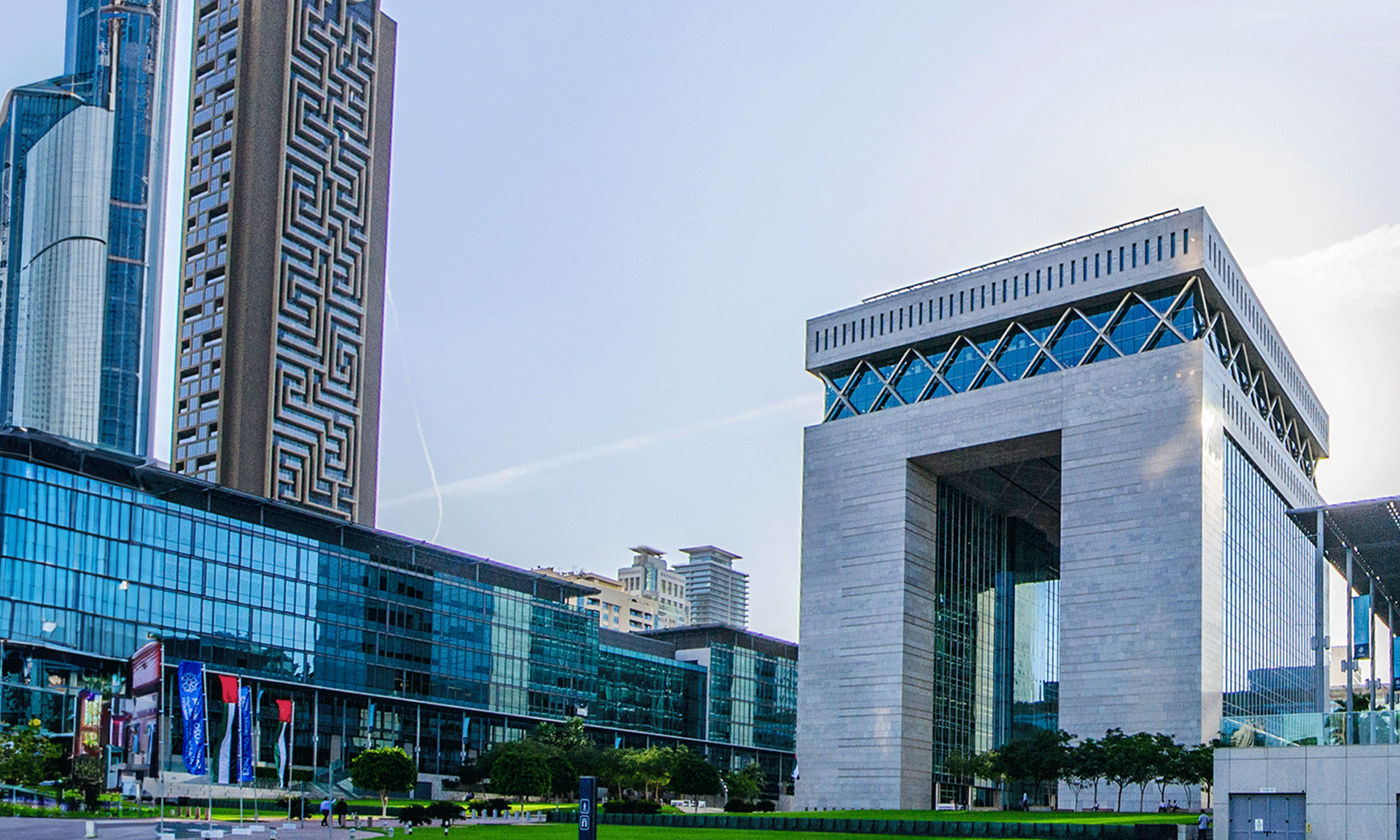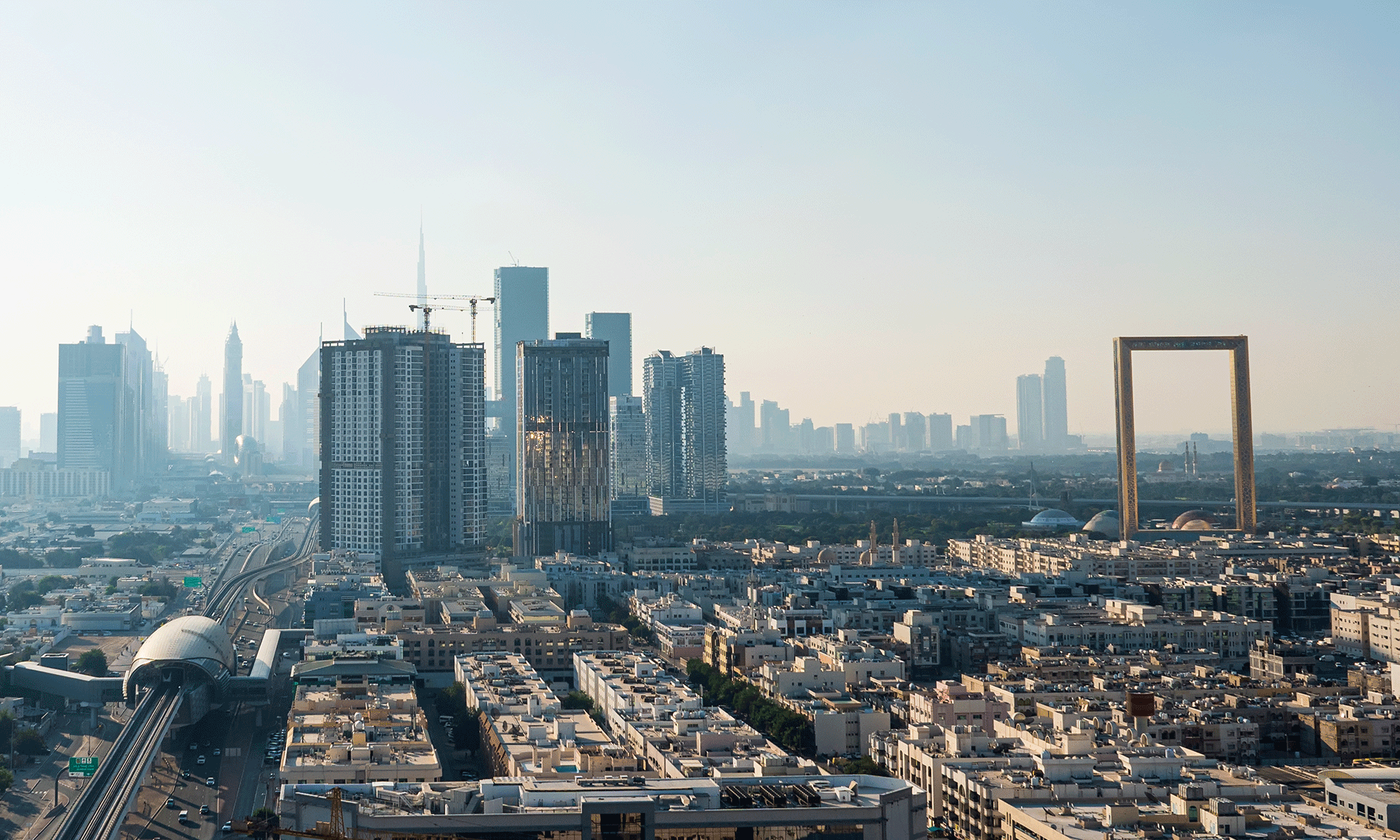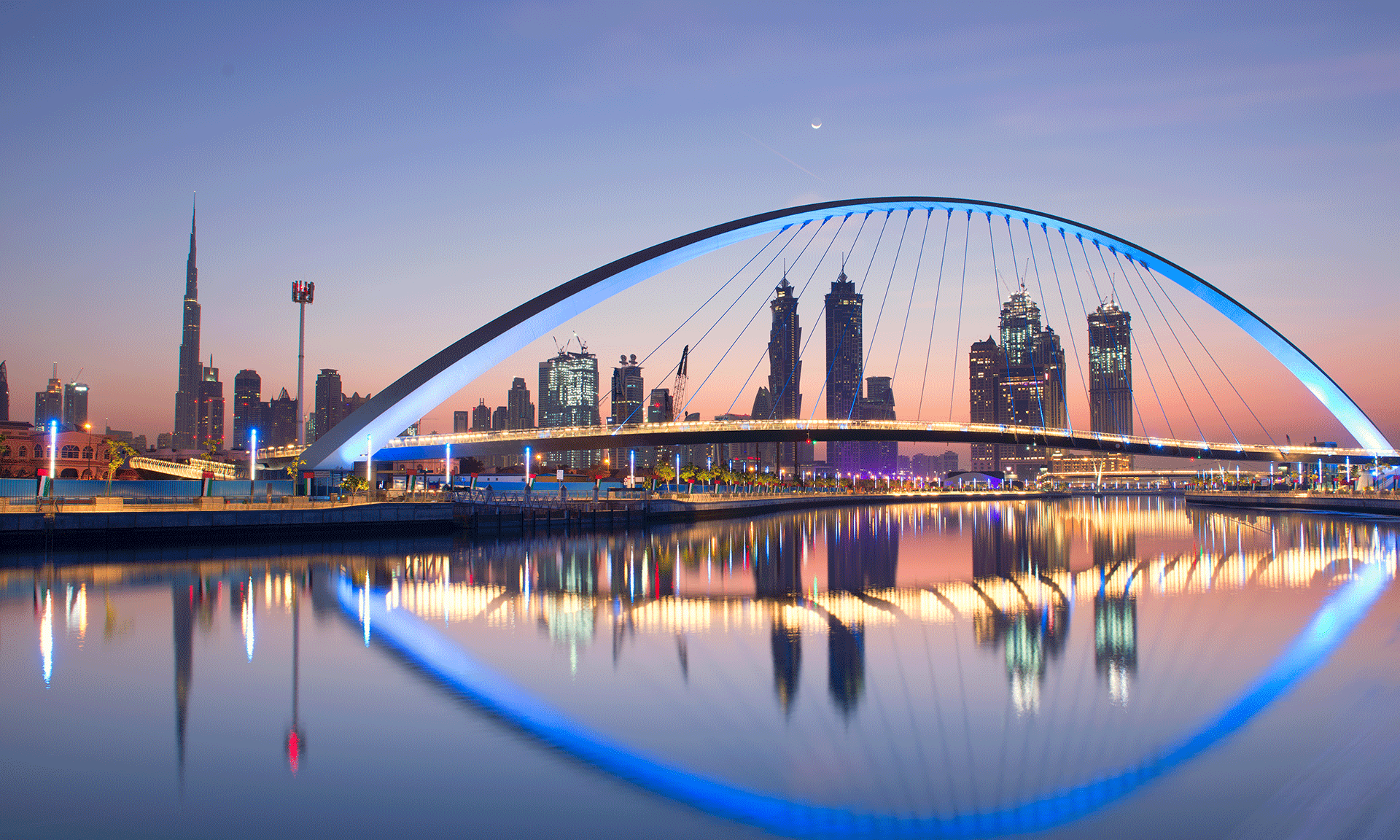In the wake of the scourging global pandemic i.e. the Coronavirus threat, the existing ESR or the Economic Substance Regulations pertaining to the UAE get a decisive and much-anticipated makeover. While businesses are usually required to file the ESR notifications each year within 31st of March, the pandemic has shifted the deadlines to 30th of June.
We believe that our readers would still want certain insights regarding the ESR compliance before getting the exact point of this declaration, straight from the Ministry of Finance.
ESR or Economic Substance Regulation entails to one form of financial compliance that requires businesses or rather licensees to declare a few essential details to the Financial Regulatory Authority. While the concept was originally formulated by the European Union, the UAE jumped onto the ESR bandwagon, in 2018.
The main aim of this regulatory compliance was to ensure adherence with the interests of the Economic Substance and to make sure that businesses aren’t conducted only to cater to the more premium tax regime. Needless to say, the ESR duly revolution the Tax Policy within the country besides making room for improved transparency, fairest possible tax competition, and BEPS Implementation.
From UAE’s standpoint, ESR concerns compliance with the following factors:
- Licensees abiding by the concept of Relevant Activity
- Even if Relevant Activity is in picture, the entire portion of the gross business income is in direct relation with the relevant business activity and applies for taxing in a jurisdiction outside the UAE or not.
- The timeframe of the Financial Year pertaining to the Licensee, which is strictly from an accounting standpoint
In order to abide by this regulatory compliance, businesses must file notifications at the specified time, form, and the approved manner. Lastly, the ESR guidelines apply to offshore, onshore, and Free Zone companies, provided income is generated via Relevant Activities.
The Pandemic Shift
The UAE government feels that any kind of meeting or association, in order to discuss about the ESR isn’t prudent enough during the existing scenario. This is why filing dates have been revisited, to manage the risks of non-compliance.
As mentioned by the Undersecretary, Ministry of Finance, UAE, Mr Younis Haji Al Khouri, the cutoff date for filing nomination under ESR has now been extended up to 30th of June. Although this piece of information has already been communicated to the concerned regulators, there are a few who have cut short the dates to ensure proper compliance.
There are quite a few firms and individual associations that have already modified the dates, in addition to the government’s official notification. These include:
Association Name: DAFZA or the Dubai Airport Free Zone Authority
Cut-off Date: May 3rd, 2020
Additional Details: Filing guidelines available
Association Name: ADGM or the Abu Dhabi Global Market
Cut-off Date: Not announced yet but certainly extends beyond 31st March
Additional Details: Guidance available in regard to better understanding of the filing process
Association Name: DSO or the Dubai Silicon Authority
Cut-Off Date: Extended but date yet to be announced
Additional Details: Guidance available online
Association Name: DIFC or the Dubai International Financial Center
Cut- off Date: Official date is yet to be announced but IMC believes that it would be 30th June, 2020
Additional Details: Filing guidelines are already up on the website with proper guidance
Association Name: RAKICC or the Ras Al Khaimah International Corporate Center
Cut Off Date: 30th June, 2020
Additional Details: Guidance available
Association Name: DMCC or the Dubai Multi Commodities Center
Cut Off Date: 30th June, 2020
Additional Details: Guidance to be uploaded soon
Penalties
Provided licensees fail to abide by the deadlines and file notifications accordingly, penalties in the ballpark of AED 10,000 to even AED 50,000 can be levied.
How IMC can help?
With the pandemic leading to the date extension, businesses in the UAE, precisely the International Groups, now have the opportunity to revisit the drawing board and assess whether they are following the Relevant Activity guidelines to the T or not.
We, at IMC, are currently helping our clients ascertain the non-compliance threats related to the ESR while offering remedial measures to mitigate the risks related to business sustenance.























